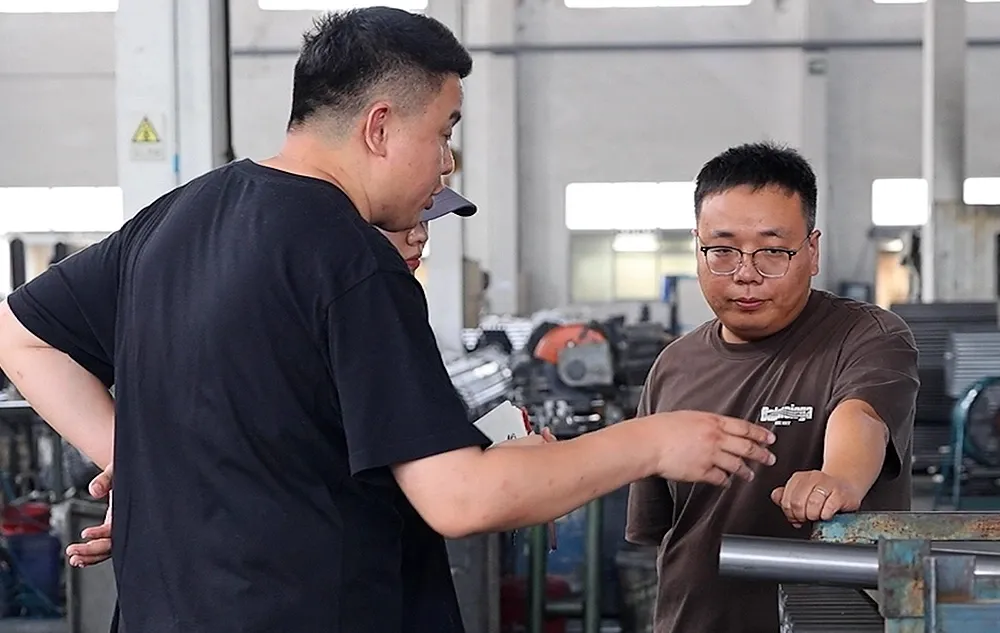
Precision Steel Tubes Enhancing Modern Engineering and Manufacturing
Precision steel tubes have become integral components in various industries, revolutionizing the way engineers and manufacturers approach structural integrity and performance. Unlike standard steel tubes, precision steel tubes are manufactured to stringent tolerances, ensuring they meet specific critical applications across sectors such as automotive, aerospace, construction, and manufacturing.
The process of producing precision steel tubes involves advanced techniques that enhance material properties and dimensional accuracy. Typically, these tubes are made from high-quality steel alloys that exhibit excellent strength, durability, and resistance to corrosion. The manufacturing process may involve cold drawing, hot rolling, or extrusion, each method tailoring the tube's final properties to suit specific applications. The resulting tubes are characterized by their uniformity in wall thickness, outer diameter, and length, which helps in maintaining consistency during assembly and operation.
One of the primary advantages of using precision steel tubes is their ability to withstand high pressures and extreme conditions. This property makes them ideal for applications in hydraulic systems, where reliability and safety are paramount. For example, in the automotive industry, precision steel tubes are essential for fuel lines, brake systems, and structural components, allowing vehicles to operate safely and efficiently. The high level of precision ensures that each component fits perfectly, minimizing the risk of leaks or failures.
Aerospace engineering also benefits significantly from the utilization of precision steel tubes. Given the strict regulations and safety standards in this sector, manufacturers rely on precision tubes to construct critical components such as fuselage frames, landing gear, and engine mounts. The lightweight yet robust characteristics of precision steel tubes contribute to overall aircraft performance, enhancing fuel efficiency and increasing payload capacity.

In the construction industry, precision steel tubes are used for scaffolding and structural support, where high load-bearing capacity and resistance to environmental factors are essential. The ability to customize these tubes with varied lengths and diameters allows engineers to create tailored solutions for diverse architectural designs, ensuring safety and durability in the built environment.
The precision manufacturing of steel tubes not only promotes better performance but also reduces material waste. By producing tubes that meet exact specifications, manufacturers can avoid costly rework or scrap, thus optimizing the production process and improving sustainability. This efficiency aligns well with the growing trend of environmentally friendly practices within the manufacturing sector.
Furthermore, precision steel tubes are increasingly being embraced in the field of renewable energy. They play a vital role in the construction of wind turbines and solar panel frameworks, demonstrating their versatility and integral role in building sustainable energy solutions. The demands for higher efficiency and lower carbon footprints are pushing industries to adopt precision metalworking technologies, making steel tubes a preferred choice for many applications.
In summary, precision steel tubes are becoming the backbone of numerous industries owing to their high performance, reliability, and adaptability. As technology advances, the methods for producing these tubes are expected to evolve further, enabling even tighter tolerances and better material properties. As a result, precision steel tubes will continue to support innovations that push the boundaries of engineering and manufacturing in the years to come. The blend of performance, safety, and sustainability offered by precision steel tubes exemplifies the ongoing evolution in modern technology, ensuring that industries can meet both present and future demands.